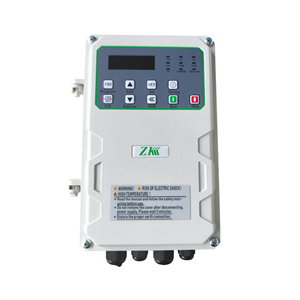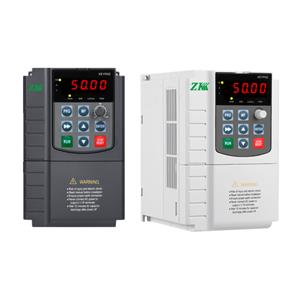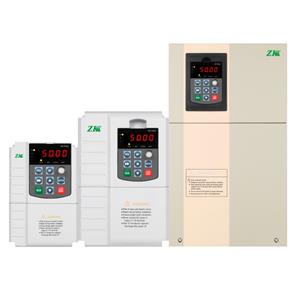The Role of Photovoltaic Irrigation Systems in Summer
The Role of Photovoltaic Irrigation Systems in Summer
As summer arrives with scorching temperatures, intense sunlight, and often erratic rainfall patterns, agricultural activities face significant challenges. In this season of both abundant energy potential and critical water demand, photovoltaic irrigation systems emerge as a vital solution, playing a multifaceted role in ensuring agricultural productivity, promoting sustainability, and enhancing resilience.
One of the primary roles of photovoltaic irrigation systems in summer is to address the water scarcity dilemma that plagues many farming regions. Summer heat accelerates evaporation, drying up soil moisture and reducing the availability of surface water sources like rivers and ponds. Traditional irrigation methods often rely on grid electricity or fossil fuels, which can be costly and unreliable, especially in remote areas. Photovoltaic systems, however, harness the abundant summer sunlight to generate electricity, powering water pumps to draw water from underground wells, reservoirs, or other sources. This enables a consistent and uninterrupted water supply for crops, ensuring they receive adequate irrigation even during prolonged dry spells.
Moreover, these systems contribute significantly to energy efficiency and cost savings during the summer months. Summer days have longer daylight hours, providing more opportunities for solar panels to capture sunlight and generate electricity. This maximizes the energy output of the photovoltaic system, reducing dependence on non-renewable energy sources. Farmers can avoid the peak electricity costs that often accompany high summer demand for grid power, as the solar-generated electricity powers the irrigation equipment directly. Over time, the reduced energy expenses can lead to substantial cost savings, improving the economic viability of agricultural operations.
In terms of sustainability and environmental protection, photovoltaic irrigation systems shine in summer. Traditional irrigation powered by fossil fuels emits greenhouse gases, contributing to climate change and air pollution. In contrast, solar energy is a clean, renewable resource that produces no harmful emissions during operation. By using photovoltaic systems for irrigation in summer, when energy demand is high, farmers can reduce their carbon footprint and contribute to mitigating the effects of climate change. Additionally, efficient water distribution through these systems helps prevent water waste, conserving this precious resource in a season when it is most needed.
Get the latest price? We'll respond as soon as possible(within 12 hours)
more products
News
Featured Products
Contact Details




